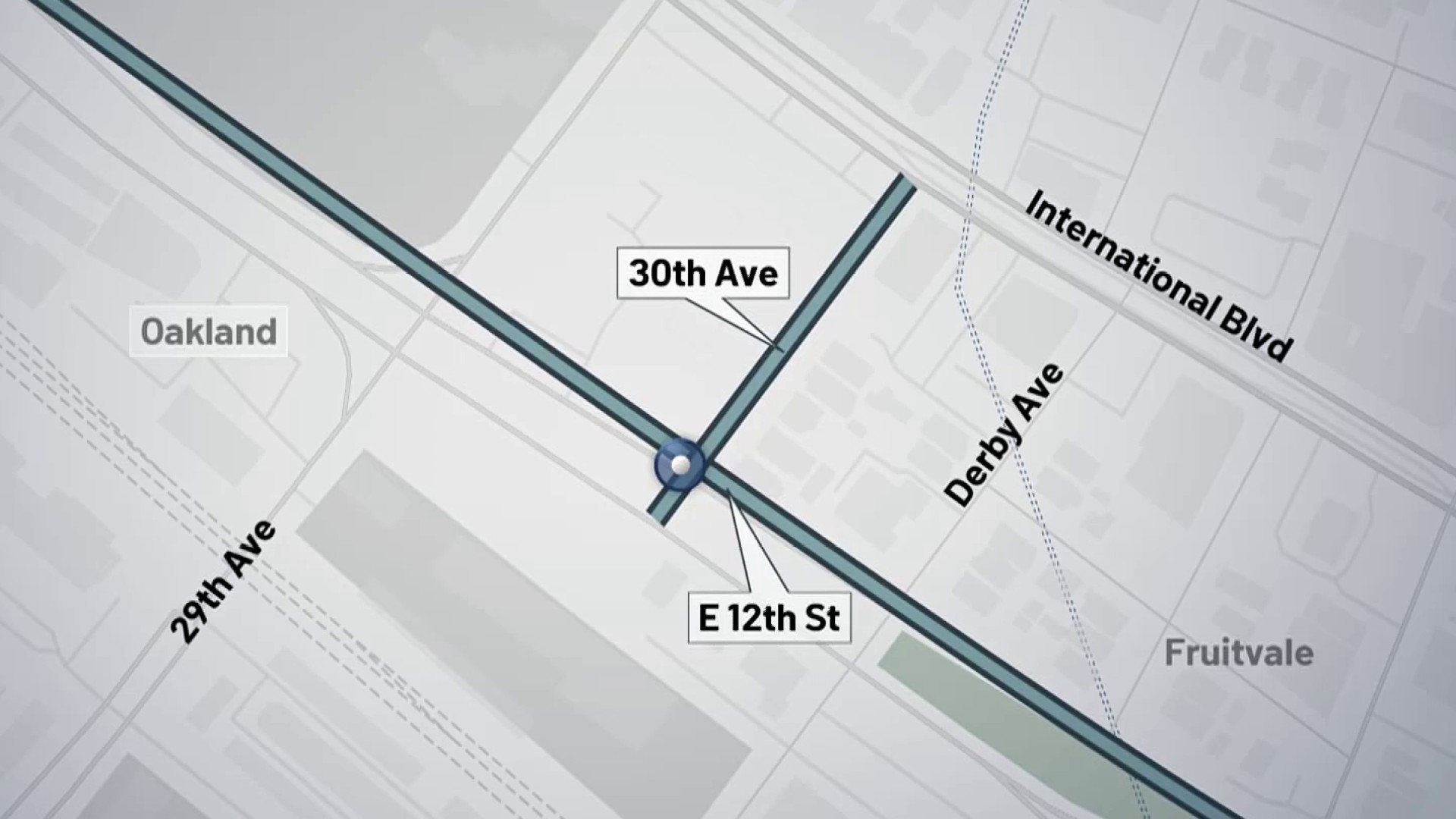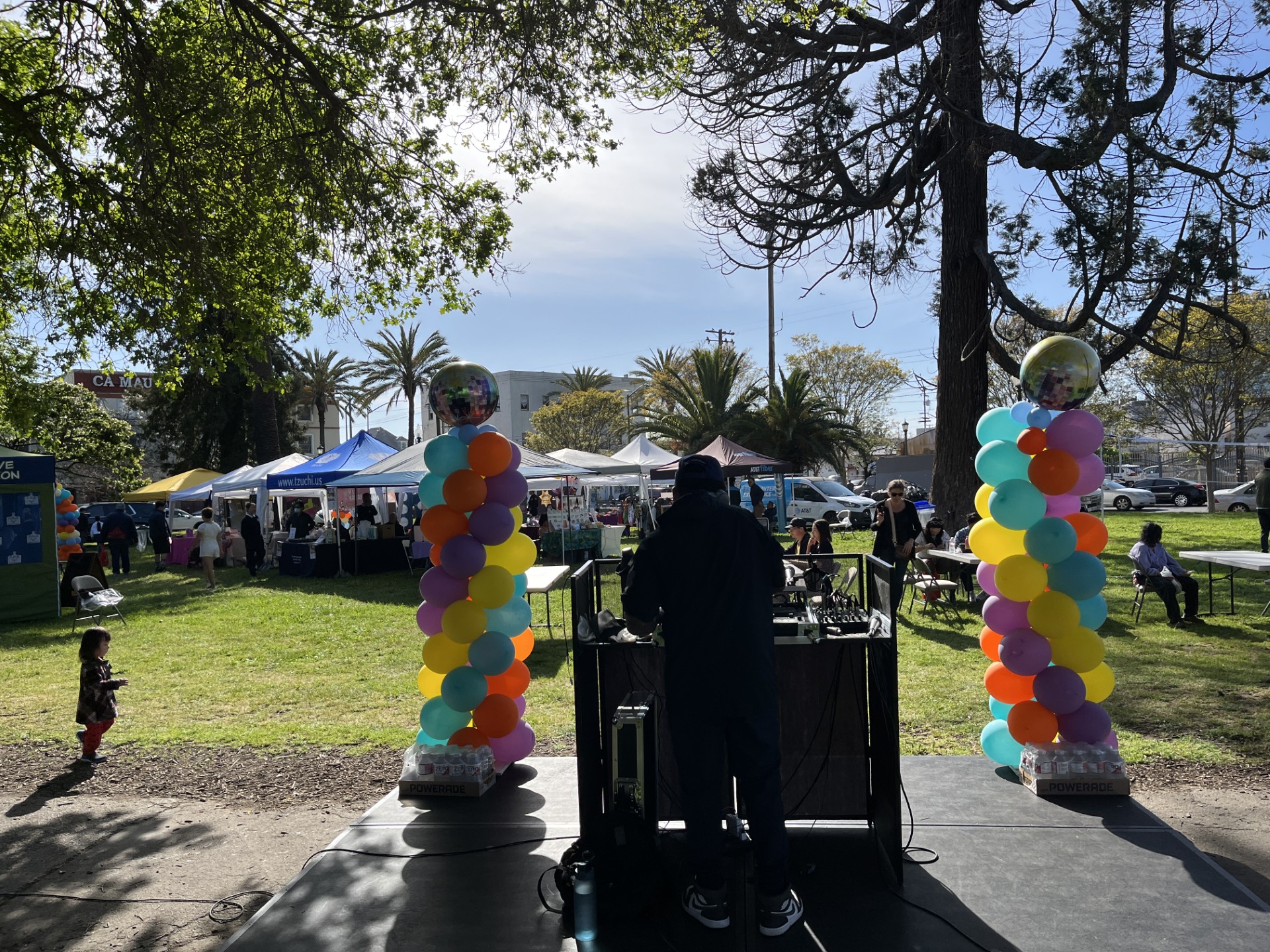State rail safety regulators said Friday they have launched an investigation into recent mishaps with Muni’s new fleet, focusing on both last week’s coupler system failure and the accident involving an elderly woman who got her fingers stuck in a door and was dragged onto the tracks as the train pulled away.
The state Public Utilities Commission – charged with certifying public transit systems as safe — has already reviewed video of the recent accident in the Embarcadero station on Friday and is expected next week to inspect the coupler system of the new Muni cars. Last week, Muni discovered two separate failures of so-called shear pins, the steel rods that both help couple the trains together and designed to break to offset the shock of collision on linked cars.
“We are aware and we’re investigating what occurred and why,” said Constance Gordon, spokeswoman for the commission. “We’re looking at both the door concerns and the coupler pin issue on the new SFMTA cars.”
The accident involving the door was caught on Muni’s own video, first obtained by the SF Examiner. It shows an elderly Asian woman approach the train and use her hand to try and open the door.
Moments after the woman gets caught, the video shows a station master waving for her to get away from the train.
The station master then begins warning others to step away from the train, turning his back on the woman, who had to be hospitalized with serious injuries.
The acting transit director for Muni, Julie Kirschbaum, told NBC Bay Area Thursday that she had a “deep concern” that the operator apparently failed to spot the woman and hold the train until she could be freed.
"We take that as a deep concern," she said.
The incident is one of two documented cases of people getting fingers caught in Muni doors. The other incident happened in December.
Kirschbaum stressed that while the new fleet’s doors were deemed safe by state regulators, the plan is to retrofit all the trains with additional sensors to make them safer.
Currently, most of the new cars have sensors only on the right-hand side while the system’s old cars have sensors on the left-hand side of the door.
The new cars, made by Siemens, also do not have side-view mirrors, meaning operators must rely only on video cameras to make sure no one is caught in the door.
Kirschbaum said the agency also continues to investigate why two shear pins have snapped on the new trains. The pins are described as a fail-safe devices to diffuse the force of accidents when two or more train cars are connected.
The discovery of the first failure occurred Thursday afternoon on a two car train on the N-Judah line — after it had finished its daily service.
The driver reportedly heard a popping noise and the train’s computer diagnostics indicated it had detected a problem.
That triggered inspections that uncovered a second broken pin on a car that was uncoupled in a Muni yard.
All the spare pins have been sent out for metallurgical and chemical analysis, she said, adding that it is still not clear what caused the failures. In the meantime, the new cars are being run only as single car trains on the N-Judah line.
The cause of the failures is puzzling, she says.
"We do have a system that has a lot of tight turns and difficult terrain," Kirschbaum said, "but the vehicle was designed specifically for our system, so this is something we need to understand better and then we will fix it and proceed."



